The Jefferson Trust Board of Trustees has hit new records in its grant-making: awarding nearly $1.35 million to 14 new projects and programs. This is the largest amount ever awarded, and this set of grants also includes the largest number of $100,000+ grants ever awarded.
“This grant cohort is absolutely phenomenal. I can’t wait to see how they transform UVA,” says Amy Bonner, Director of Grants for the Trust. “They are also the result of the most difficult decision-making process the Jefferson Trust has faced — the volume of innovative proposals received clearly demonstrates that the University community is rebounding from the pandemic.”
Together these grants will provide new opportunities for student research and unique classroom experiences, as well as providing pipeline opportunities for future Wahoos. Roadmap Scholars aims to increase the number of underrepresented students attending elite law schools; Star Hill Pathways focuses on improving student outcomes and closing opportunity gaps with local middle and high school students; and Environmental Thought and Practice in Real Life brings environmental leaders to Grounds to engage with undergraduate students and provide immersive learning opportunities with environmental practitioners. Read on for a full list of funded programs.
The 2021-22 Grants:
Roadmap Scholars Initiative: $200,000
This Law School initiative is designed to increase the number of underrepresented students attending elite law schools. From initial exploration of the legal profession to ultimate matriculation, the program will provide aspiring lawyers with the support, opportunities and connections necessary to succeed on their journeys to law school.
Side Hustles Micro Courses: Masterclasses in Contemporary Business Topics: $150,000
Side Hustles and Micro Businesses (SHMB) is a new series of micro courses to prepare UVA students with entrepreneur ambitions to develop profitable businesses.
Starr Hill Pathways: $150,000
Starr Hill Pathways will improve student outcomes and close opportunity gaps, ensuring that local youth (1) are prepared for post-secondary education, (2) have access to enrichment opportunities and support networks, and (3) thrive socially and emotionally. Focused on historically marginalized communities and youth in grades 6 to 12, the goal is to build a support system for students that leads them to admission to UVA or the college of their choice.
Optimizing pediatric donor heart utilization using big data analytics: $133,078
A team of pediatric cardiologists, data scientists, students and engineers are using big data analytics to optimize pediatric heart transplants — the right donor heart with the right patient at the right time. Analyzing data sets from the United Network of Organ Sharing (the most comprehensive representation of pediatric heart transplantation system in the world) will help to improve clinical practice and create predictive modeling to assess specific donors for specific candidates.
Walking the walk: Environmental Thought and Practice in Real Life: $120,000
Environmental Thought and Practice in Real Life (ETP IRL) will bring environmental leaders — thinkers, creators, entrepreneurs, innovators and activists — to Grounds to engage with undergraduates in a non-traditional classroom setting, providing immersive learning experiences. Practitioners-in-real-life (PIRLs) will help lead classes centered on environmental practice, focusing on sets of projects that reach into the broader University community and beyond.
Deaf Orpheus: $100,000
A staged production, “Deaf Orpheus,” will unite the worlds of the Deaf and hearing in an unprecedented full-scale expression of Deaf Opera at UVA in March 2023. Opera singers, Deaf actors, directors and instrumentalists of international prominence will partner with UVA’s USingers and Music Performance Faculty for this production. The production will also be made into a film.
Decarbonization Innovation Summit and Lab: $100,000
Through a summit event and subsequent student-led projects, Decarbonization Innovation aims to encourage interdisciplinary coordination and dialogue to advance solutions to the world’s decarbonization challenge.
Phytoremediation to reclaim farm and tribal lands from PFAS contamination: $93,000
This project allows a team of undergraduate students to demonstrate the full utility of industrial hemp as a tool for phytoremediation of PFAS-polluted agricultural soils and develop methods for implementation and training that can be shared with other communities affected by PFAS pollution.
The Cavalair Project: Smarter buildings for a healthier UVA community: $82,000
Students will conduct research to allow smarter approaches to HVAC system usage (occupancy levels and air quality metrics) that deliver a better, healthier environment for occupants at lower cost in several UVA buildings.
Centering African American Life in Central VA: Community Engagement & The Holsinger Portrait Project: $73,000
In a joint effort with local community members, a team from the University Library and Department of History will create an exhibition, community engagement program and digital humanities research program around a collection of photographs of African American community members taken over 100 years ago.
Integration of Virtual Reality (VR) in Training Medical Students: $54,973
A team of physicians, educators and technologists seek to implement a new model of medical case observance training using virtual reality, cutting-edge 360-video editing techniques, and specially programmed VR headsets. This innovative approach will help to increase trainee comprehension and patient safety.
Search for Hidden Chambers in the Temple of Kukulcán at Chichén Itzá: $35,834
Undergraduate students will work to research, design and fabricate detectors to help search for hidden chambers in the Temple of Kukulcán at Chichén Itzá. Through their work, students will gain a better understanding of particle and nuclear physics and be introduced to the new field of muon tomography.
Saving Athenian Democracy: $28,400
This new, interactive undergraduate course is a hands-on learning experience to expose UVA students to the ancient roots of our modern democracy. The course will challenge students to study and roleplay the lives of the ancient Athenians who worked to restore their democracy between 403 and 398 BC.
Charlottesville Zoning Design Workshop (CZDW): $28,184
This initiative aims to engage students across the School of Architecture in the design and policy questions raised by Charlottesville’s Comprehensive Plan. By exploring zoning through an architectural lens, CZDW will work with students to develop design-research with potential to impact local policy debates, while organizing public symposia on related issues of zoning policy and housing design.
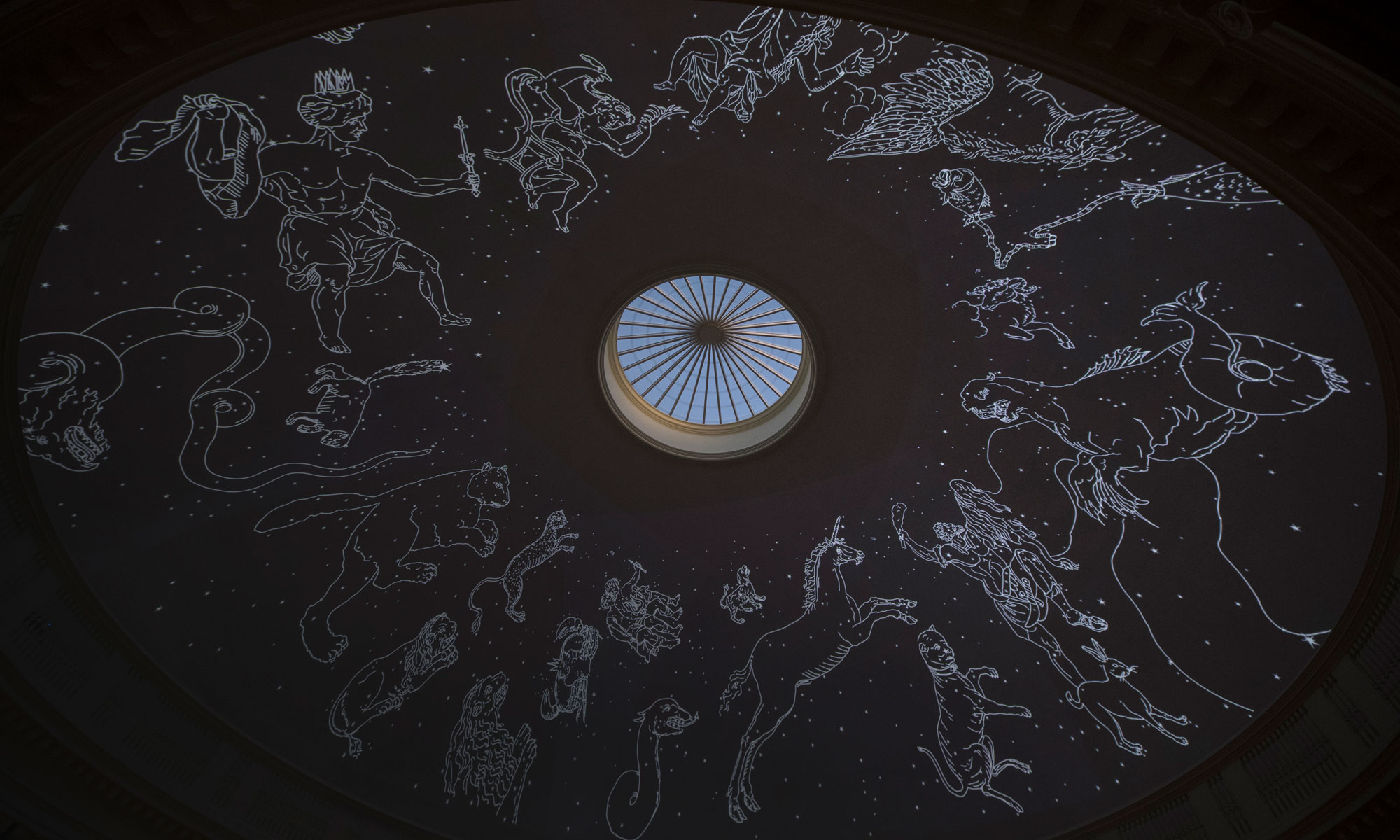
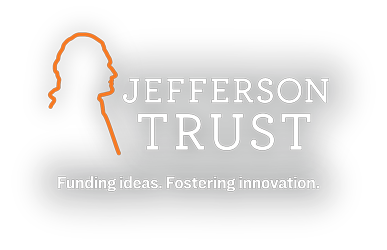
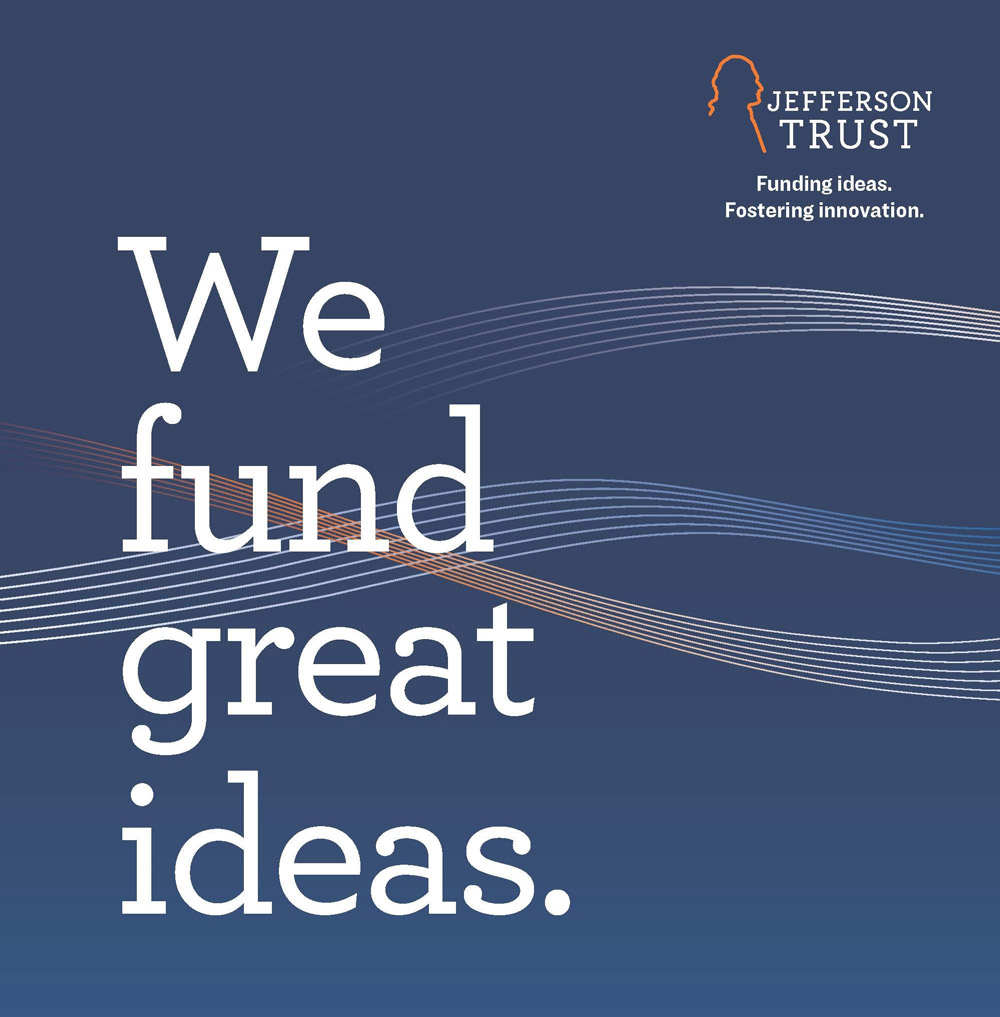
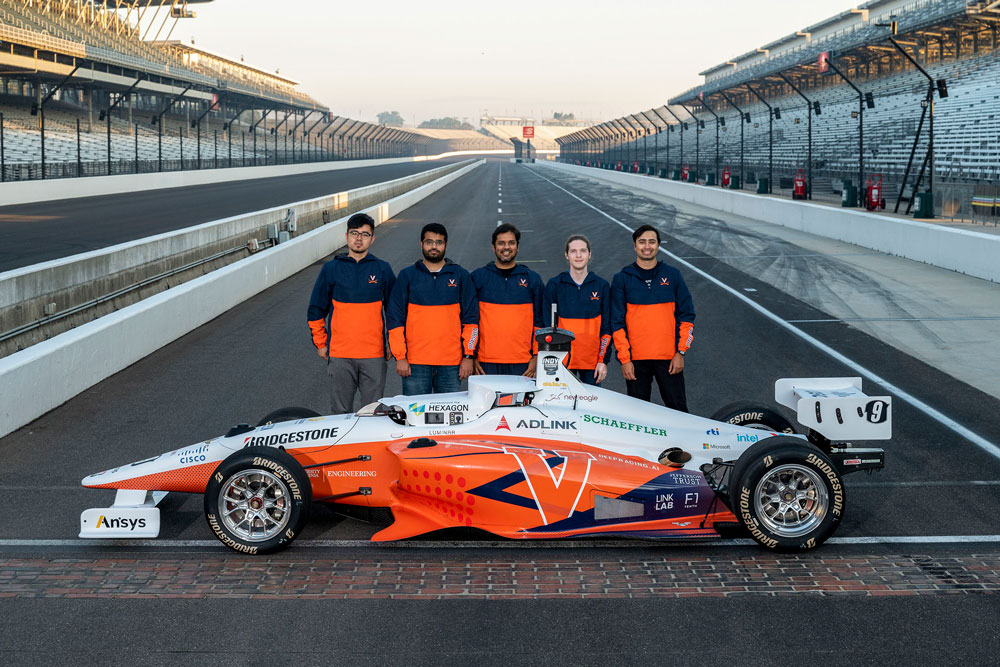
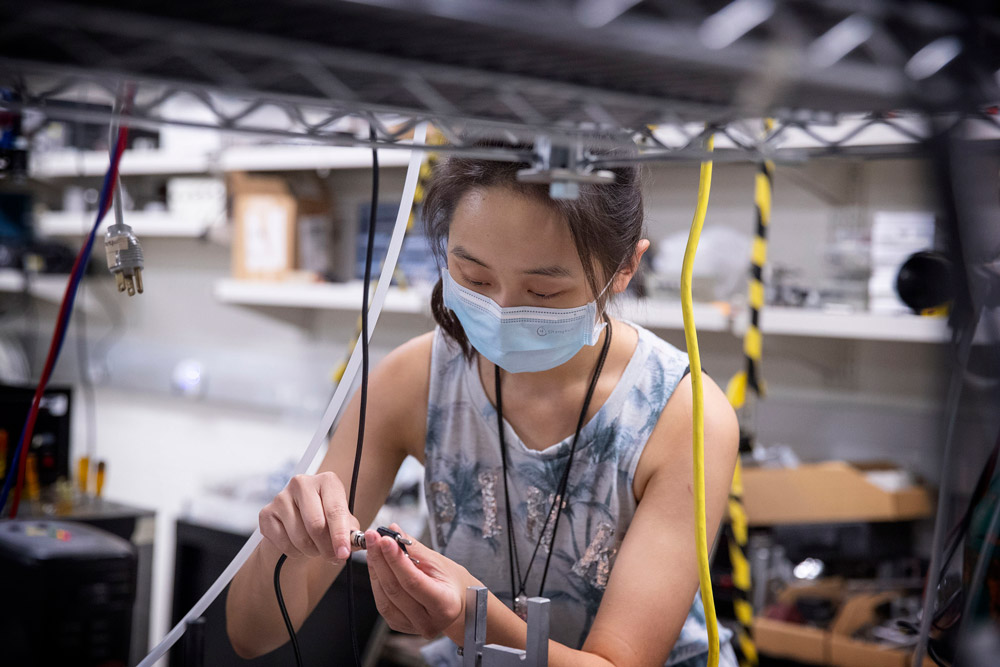
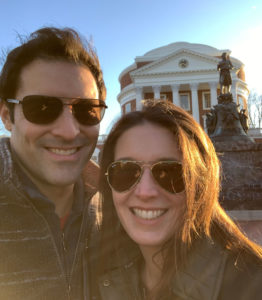 Both Jenn and John studied systems engineering at UVA, graduating in 1998. Each has spent over 20 years at Microsoft – and they’re still going. Jenn leads the Industry Solutions team for Business Applications for the Microsoft North, South and Central American region, and John leads the Data & AI Intelligent Cloud group for Microsoft United States. In the digital revolution we’re experiencing — where every company is now becoming a “tech” company — the words “applications” and “cloud” are leading the way, and Jenn and John are at the forefront.
Both Jenn and John studied systems engineering at UVA, graduating in 1998. Each has spent over 20 years at Microsoft – and they’re still going. Jenn leads the Industry Solutions team for Business Applications for the Microsoft North, South and Central American region, and John leads the Data & AI Intelligent Cloud group for Microsoft United States. In the digital revolution we’re experiencing — where every company is now becoming a “tech” company — the words “applications” and “cloud” are leading the way, and Jenn and John are at the forefront.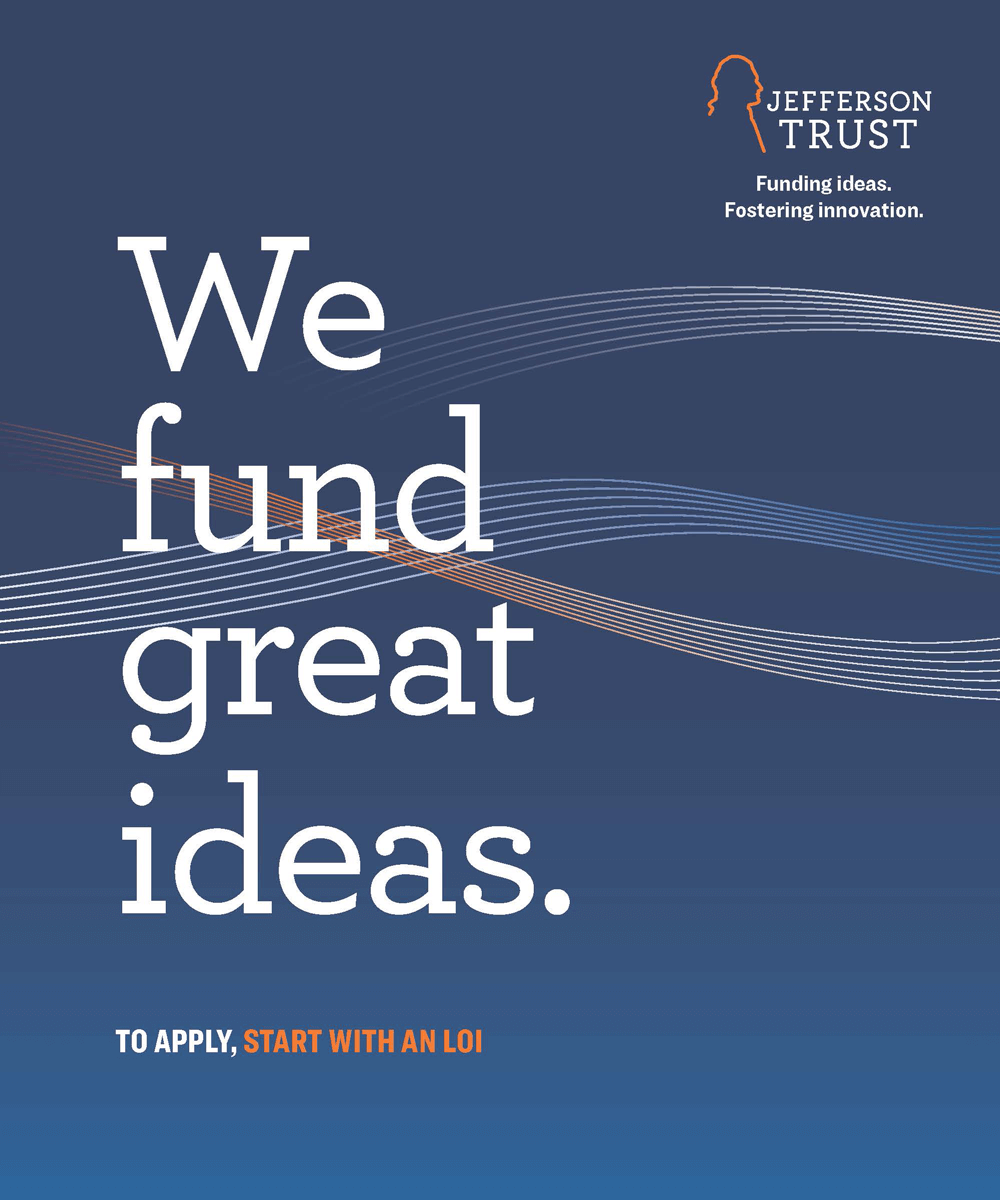
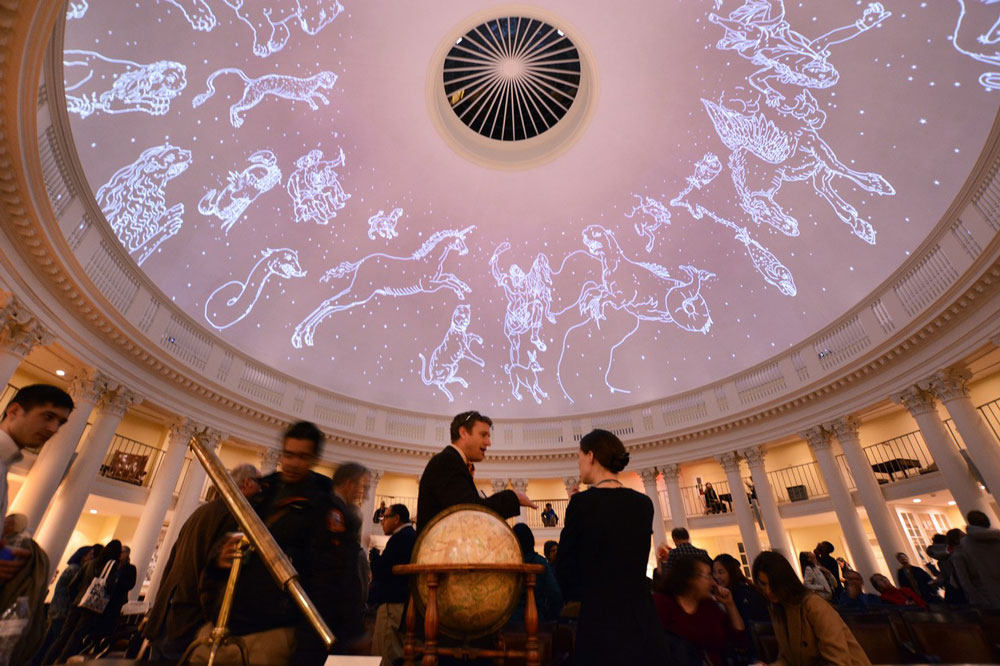
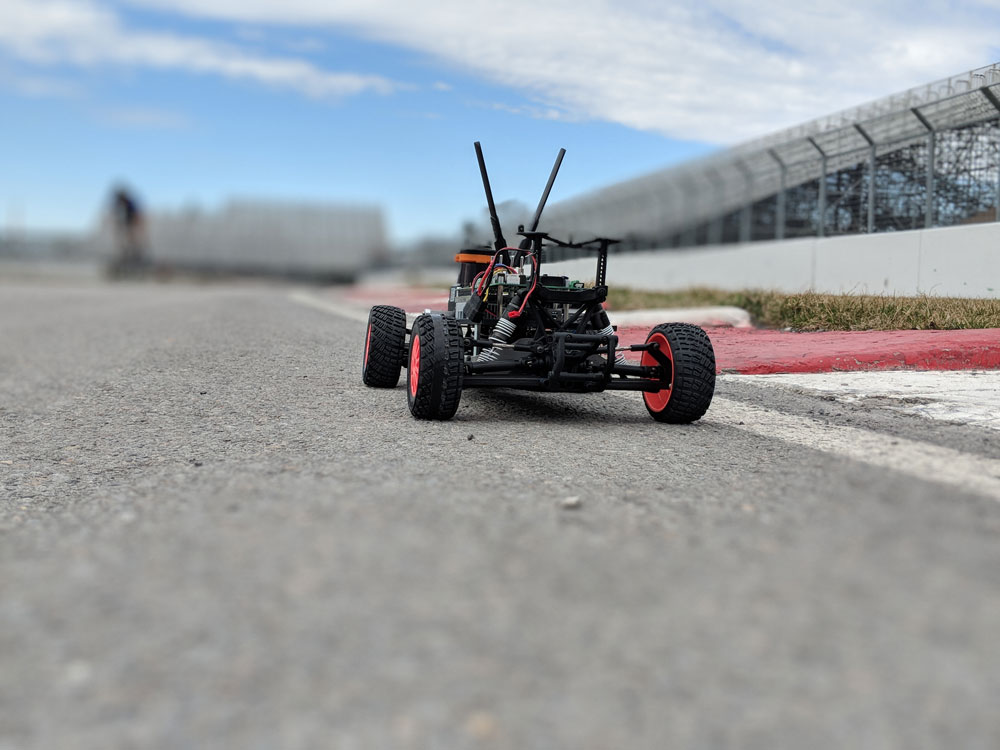
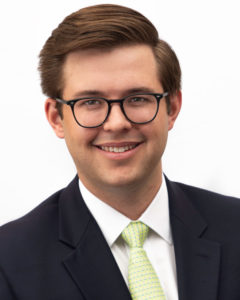 Will Pike (Engr ’16) serves as a regional vice president at Pike Corporation, which is described as “a leading provider of turnkey infrastructure solutions for electric and gas utilities, as well as telecommunications companies.” So, what does “infrastructure” mean today and what does the future hold? The Trust Staff asked Will Pike to find out.
Will Pike (Engr ’16) serves as a regional vice president at Pike Corporation, which is described as “a leading provider of turnkey infrastructure solutions for electric and gas utilities, as well as telecommunications companies.” So, what does “infrastructure” mean today and what does the future hold? The Trust Staff asked Will Pike to find out. This student-led project is collaborating with both the Nau Center for Civil War History and the Institute for Advanced Technology in the Humanities in engaging a team of undergraduate researchers in the digitization, transcription, and curation of private letters written by the Rev. John W. Alvord, a Civil War Army Chaplain and Freedmen’s Bureau Superintendent of Schools and Finance.
This student-led project is collaborating with both the Nau Center for Civil War History and the Institute for Advanced Technology in the Humanities in engaging a team of undergraduate researchers in the digitization, transcription, and curation of private letters written by the Rev. John W. Alvord, a Civil War Army Chaplain and Freedmen’s Bureau Superintendent of Schools and Finance.